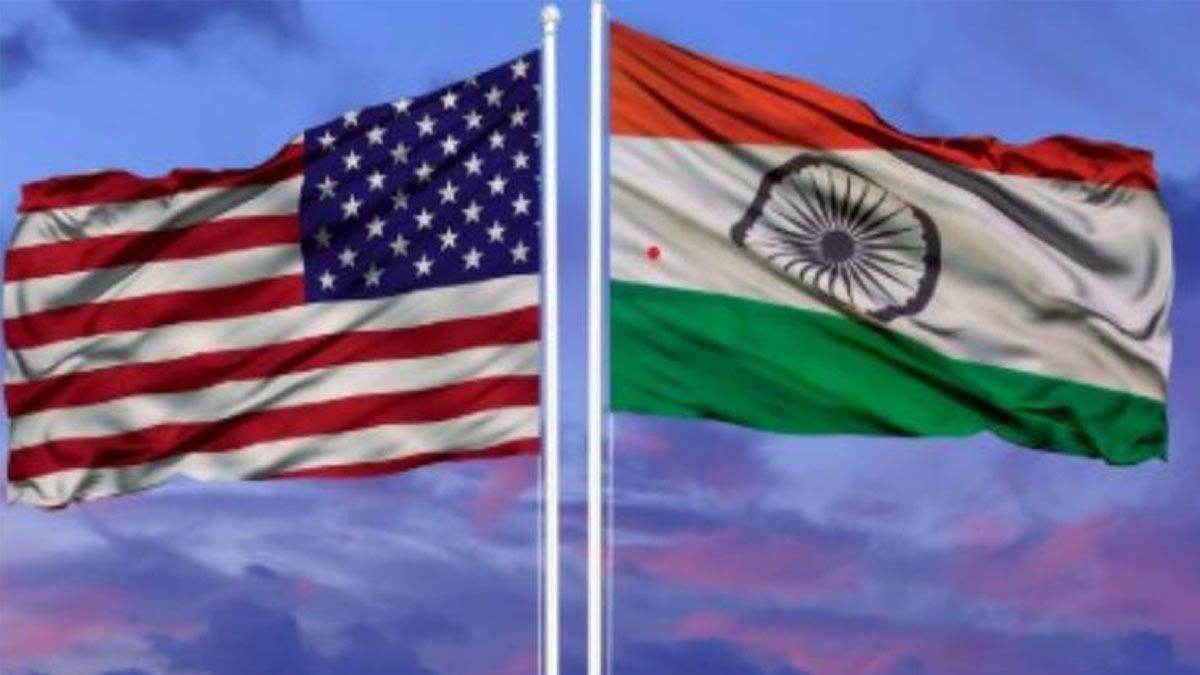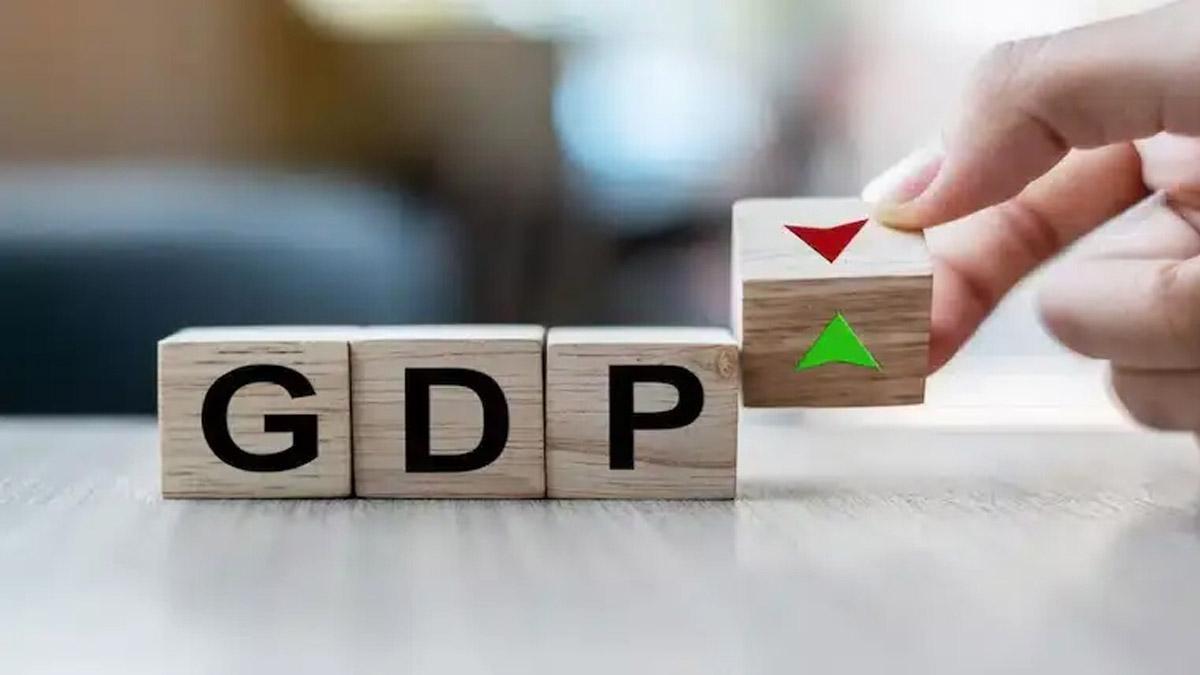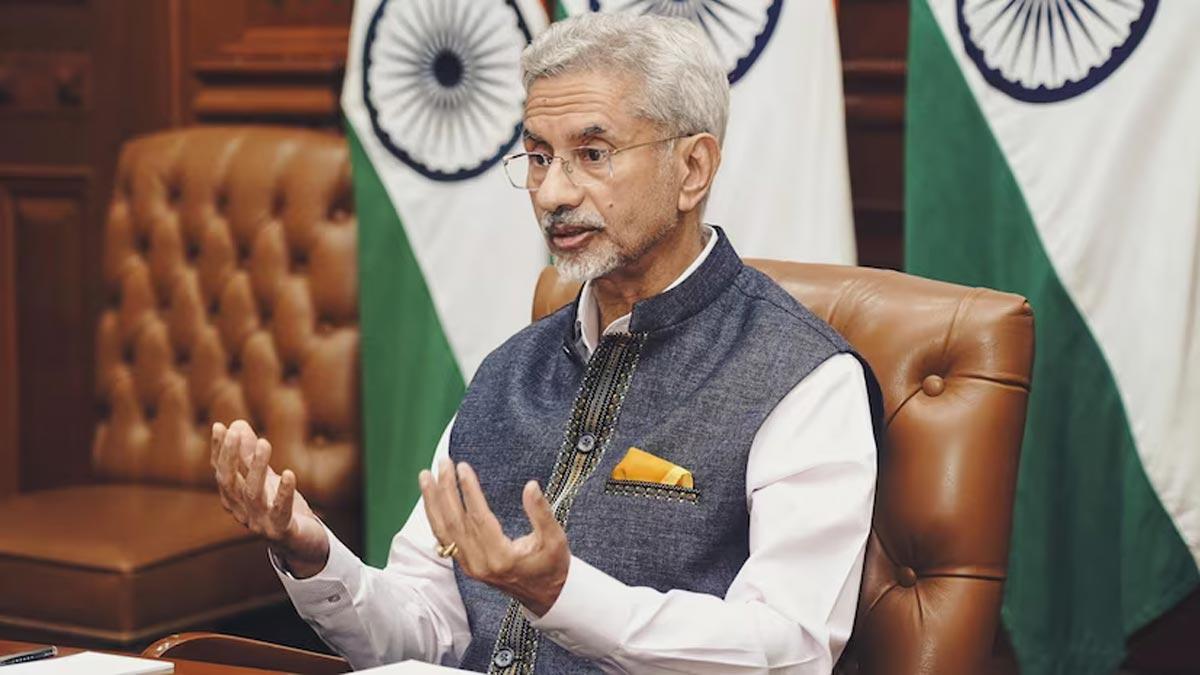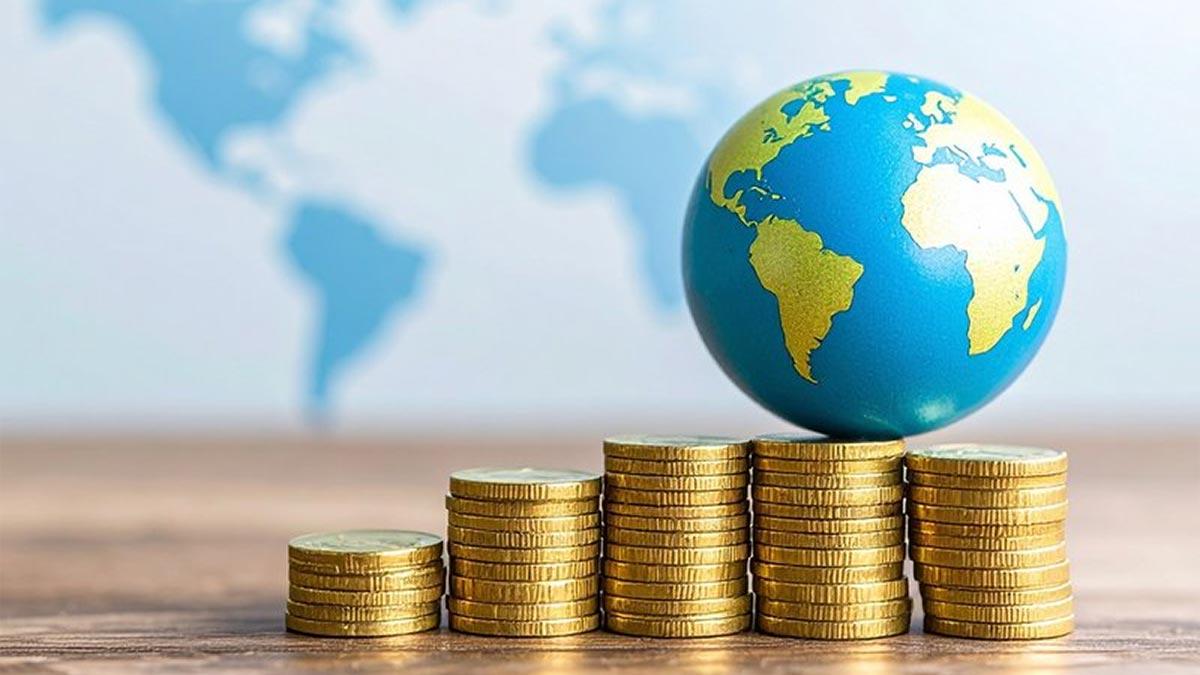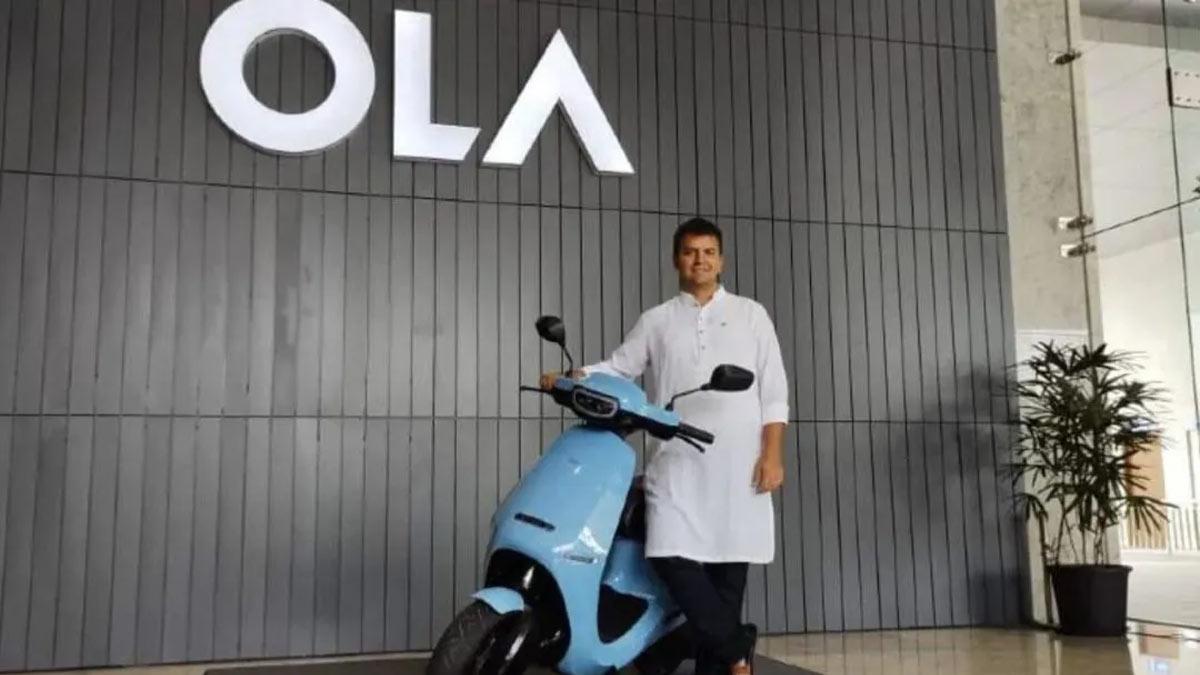As the deadline for tit-for-tat tariffs draws near, Indian and American officials are in hectic talks in Washington, DC, to clinch an interim trade deal in the coming days.
India is pressing for greater market access to US markets for labour-intensive industries like garments, footwear, and leather products—sectors crucial to employment generation.
For this, the US is requesting lowered tariffs on its agricultural goods and exports of dairy products, government officials privy to the negotiations said.
In an indication of the pressure over the negotiations, the Indian trade mission has extended its stay in the US capital, pressing to clear major points of disagreement. The Indian side remains insistent that more tariff relief—especially for high-employment-generating products—is critical in order to achieve the ambitious goal of doubling bilateral trade by 2030 to $500 billion.
At the core of the temporary arrangement is the question of mutual tariff reductions or eliminations. Leading India's delegation is Special Secretary Rajesh Agarwal, who is piloting high-level discussions in Washington in pursuit of a breakthrough pact.
Both countries are racing against a looming deadline of July 9, which will mark the close of a 90-day suspension imposed by US President Donald Trump on imposing new tariffs on Indian products. Although the interim agreement is anticipated to be finalized before this deadline, negotiations are expected to drag on past July in the hope of clinching a larger, more comprehensive deal by September or October.
In return for this concession, India is supposed to urge increased access to the US market for its competitive products such as seafood—shrimp and fish in particular—spices, coffee, and rubber. The products, as strong as they are internationally, presently encounter stiff tariff obstacles in the US market.
India has also moved to balance the bilateral trade deficit by upping US imports of oil and natural gas and has made an offer to do so even more. In return for relief from US tariffs under the Trump-era, New Delhi has offered a significant reduction in its overall average import tax—against 13% to 4%.
Read also| India’s Pharma Exports Surge to $4.9 Billion in April–May, Reports Pharmexcil

